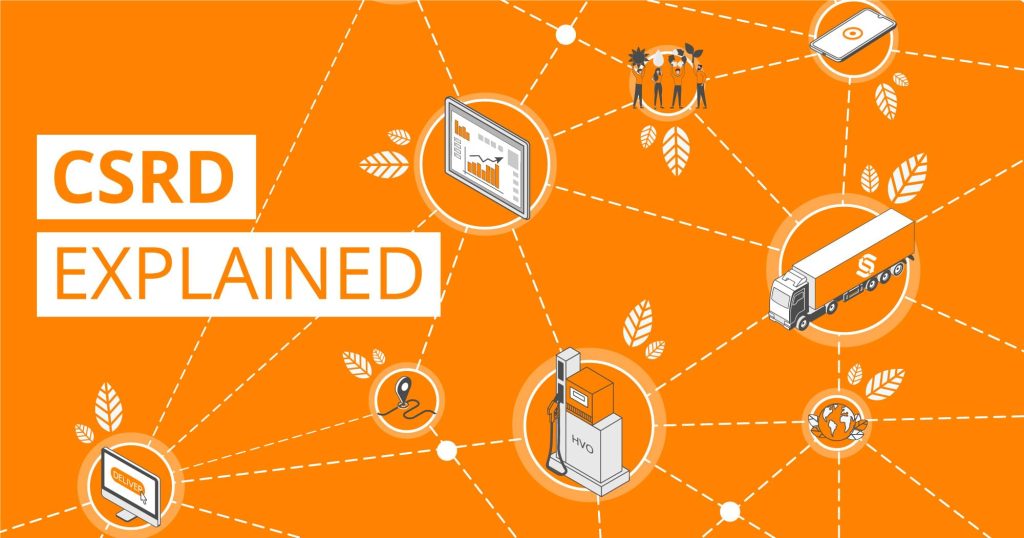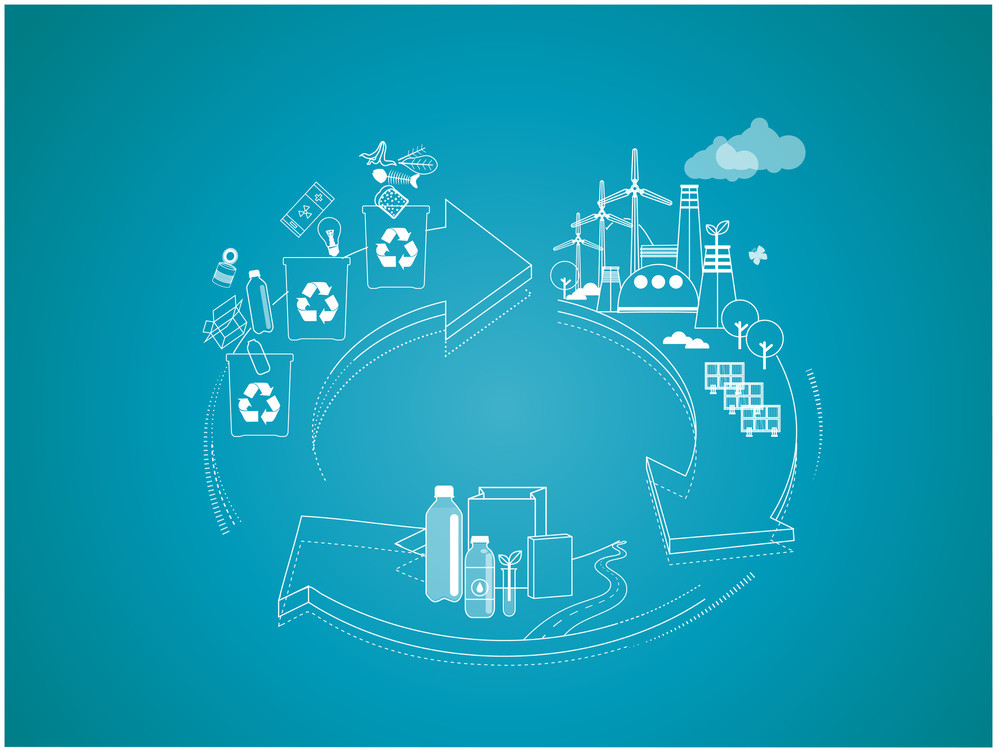Today's issues
Navigate our perspectives and insights to aid you in generating the value you’re pursuing in today’s demanding business terrain.
Featured
The ESG Evolution
Are You Prepared?
Striving for Strategic Transactions
Why Capabilities Matter More Than Ever in M&A
Shaping the Workforce of Tomorrow
Future of Work and Skills Survey
Challenges in the Current Landscape
The global economy is grappling with the profound impact of the COVID-19 pandemic, further complicating the landscape for businesses already accustomed to volatility and unpredictability. Amid an ongoing assessment of economic prospects and various threats, even the most resilient organizations face a range of obstacles in their pursuit of growth and competitiveness. Whether it’s enhancing operational efficiency or venturing into new markets, we stand ready to offer our assistance. Delve into the sections below to discover valuable insights and experts who can guide you in uncovering growth opportunities and value in this demanding business environment.

Compliance transformation involves reengineering and enhancing an organization’s processes and practices to ensure adherence to regulatory requirements and industry standards, often using technology and streamlined procedures.
Cost transformation focuses on optimizing an organization’s cost structure to improve efficiency, reduce expenses, and enhance profitability, without compromising quality or performance.
In the wake of the COVID-19 pandemic, leading the recovery emphasizes strategies and initiatives aimed at helping businesses and economies rebound from the challenges posed by the global health crisis.
Cybersecurity encompasses protective measures and practices to safeguard digital systems, networks, and data from cyber threats, such as hacking, data breaches, and malware.
Data and analytics involve collecting, analyzing, and interpreting data to gain insights that inform business decision-making, strategy, and performance improvement.
Disruption refers to the transformative impact of new technologies, business models, or market shifts that can significantly alter industries and create both challenges and opportunities.
ESG represents a framework for assessing a company’s impact on environmental, social, and governance factors, which is increasingly used to evaluate its sustainability and ethical practices.
Risk and regulation involve managing various risks and ensuring compliance with legal and regulatory requirements, which is vital for the stability and sustainability of organizations.
Sustainability pertains to responsible business practices that prioritize environmental and social concerns, aiming for long-term viability while minimizing negative impacts on the planet and society.
Technology encompasses innovations, solutions, and systems that drive digital transformation and have the potential to revolutionize industries and business operations.
Transformation signifies strategic changes and overhauls in an organization’s structure, processes, or culture to adapt to evolving market conditions or realize new opportunities.
Trust reflects the essential element of confidence and reliability in business relationships and partnerships, often built on ethical conduct and transparency.
Upskilling is the process of acquiring new skills or enhancing existing ones to stay competitive and relevant in the workforce.
Value creation focuses on strategies and activities that generate increased worth and benefits for stakeholders, such as customers, shareholders, and employees.
Workforce pertains to the human resources within an organization, emphasizing the management and development of employees and teams to achieve business goals.



















